“The fact is, we cherish our disasters… that’s what we like. They can hardly wait for us to finish before they launch into stories of their own suffering in foreign lands.” Martha Gellhorn, the great adventurer, war correspondent, and third wife to Ernest Hemmingway, met quite a few disasters in her 50-year career.
What delicious stories these make for an audience! But, for a main actor in real life, a crisis can be absolutely frightening. What are we to do when a mishap is more than a bump in the road and becomes a real threat to our safety?
Before You Travel
Prevention is key. I once traveled with a friend who was quite squeamish about the local cuisine in the Asian country we were visiting. He was convinced that the food was going to make him sick, but when we decided to try a food stand on the street with some friends, he joined in too, mainly for street cred. Our group of nine enjoyed the typical dishes with pleasure, family style, chowing down happily. My buddy, however, who gulped down some rice dubiously, ended up later that day in the hospital with food poisoning.
… obsessing about the potential problems your trip could incur can cause subconscious changes in behavior that actually look to validate the fear.
How is it that our biggest fears seem to be a magnet for that very thing to come true? Bad things do not necessarily have an order to them, but behavioral psychology around the Principle of Attraction shows an interesting phenomenon; obsessing about the potential problems your trip could incur can cause subconscious changes in behavior that actually look to validate the fear. In some cases, this may even lead to their occurrence in real life. While some accidents are to be expected, be conscious of your deep distresses and look to actively work against their impact on your outlook and actions.
After practicing some mindfulness, get down to practical preparedness:
- Keep your cellphone charged and the local police and ambulance numbers stored — emergency numbers can be dialed internationally without roaming.
- Always carry a bit of cash in the local currency on your person — not in your purse.
- Pack to avoid overt ostentatiousness.
- Always be keenly aware of your surroundings.
Do your research: Know about your destination’s government corruption index and how to act accordingly. Different places come with their own safety tips, so in addition to government travel advice pages like the UK’s and the US’, find out more about your destination from travel experts and reliable forums at websites like Rick Steves and Afar.
Upon arrival, learn more about the area from Tourist Information centers in train stations, airports, or local attractions. Seek trusted local advice from your AirBnB host, hotel concierge, or tour guide.
When Crisis Strikes
Insecurity is visible, but so is self-assurance — be externally confident and your insides are likely to follow. When you are composed and calm, you signal your brain to assess risk accurately, focus on the present reality, and then use its most effective reasoning to react.
I do not endorse ignoring a motorcycle-riding, gun-pointing thief if he demands your purse, as I did in Costa Rica. Yet, I can thank God and, in part, my cool demeanor, that I was not shot or robbed one fateful Sunday morning while traveling there. I also am indebted to the security guard who came out to face the robber after I yelled, “help!” and walked hurriedly towards the entrance of a church nearby.
When crisis strikes, get to safety. Often this means summoning the help of others or surrounding yourself with the presence other people. Get to the nearest public safety hub, tourist center, or highly populated public area, and inform the leadership of the details of the events (even a security guard in a public building can help). If you don’t speak the language but do have access to a smart phone with Internet, Google Translate is the best tool, as you can translate many languages from or to plain text, voice, and text from images with accuracy.
Remember, in many countries, women are seen as weak and if alone, they can be an easy target. Don’t vindicate their ideas, show them you are capable and sharp, and avoid isolation. When you display confidence you are more likely to protect yourself from further endangerment, and you’ll get better answers from those around you when you need help. Use this approach when reporting anything suspicious to the police, when talking to an emergency doctor about your pain, or when talking to a mechanic about a broken-down vehicle.
… in many countries, women are seen as weak and if alone, they can be an easy target. Don’t vindicate their ideas …
In the Aftermath
It was my 10th day of my study abroad trip when the 8.8 earthquake struck Chile in the middle of the night in February, 2010. I was just settling in with my host family, barely knew my way around Santiago, and was still adjusting to Chilean culture when suddenly the country was in state of emergency. My family and I were very fortunate to have been spared any serious danger, but for the next two weeks I was confined to a home without consistent electricity or water.
Food shortages gave way to bread-and-butter dinners, and phone lines and the Internet were unstable and constantly busy. Victim mode is poisonous, and while it’s highly different from post-traumatic stress disorder (PTSD), it can leave you in a paralyzed state of self-pity instead of on a forward-moving path to recovery. Although many Chileans were indeed victims, it was those who remained optimistic and sought solidarity that bounced back the strongest from the calamity.
If you find yourself in a major crises event, the same is true for you: Keep your head up and seek the support of others. It’s important to recognize the impact of the crisis on your psyche and to be honest with your needs for wellbeing. Contact your loved ones, process the stressful event with them, and let them know how they can encourage and help you.
Seek counsel from your local embassy or crisis recovery hotlines. Nurture your own spirit first, and then reach out to aid others. Follow the example of the local leaders and trusted organizations in your community; the United Nations, your ambassador, local TV or radio stations, and major religious or educational institutions are good places to start. Be thankful and be empowered to emerge stronger and wiser.
To all of our past lessons learned, cheers! We can share our travel horrors with a twinge of humor à la Gellhorn, knowing that we came out all right and are now prepared for any future misadventures.
Have you had a mishap or crisis while traveling abroad? What did the experience teach you?
Images via Henry El’Day

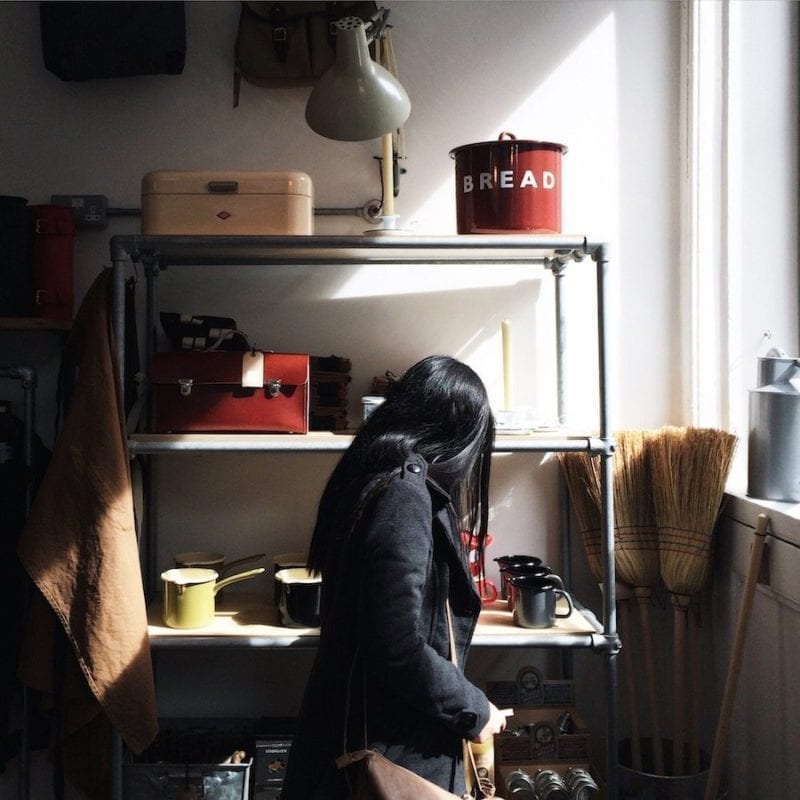
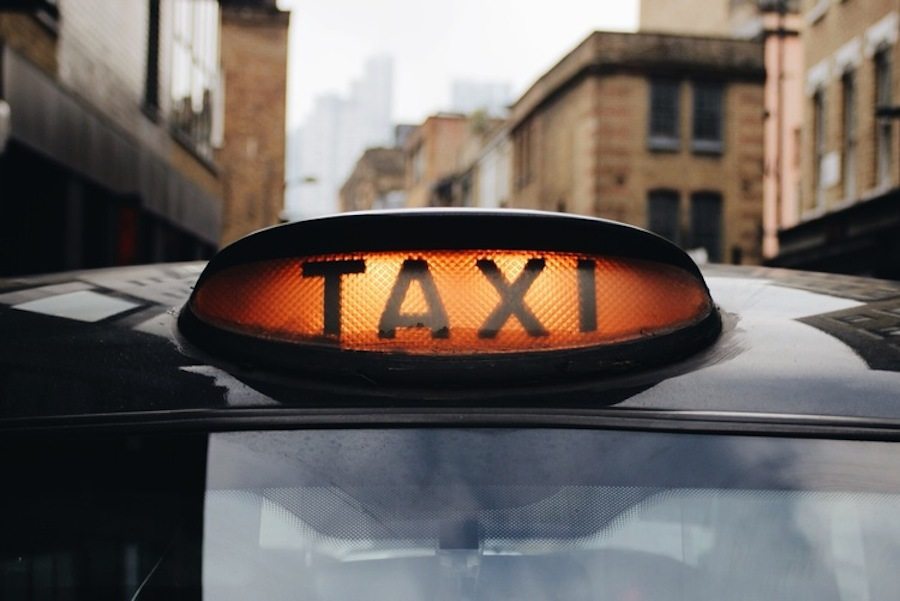
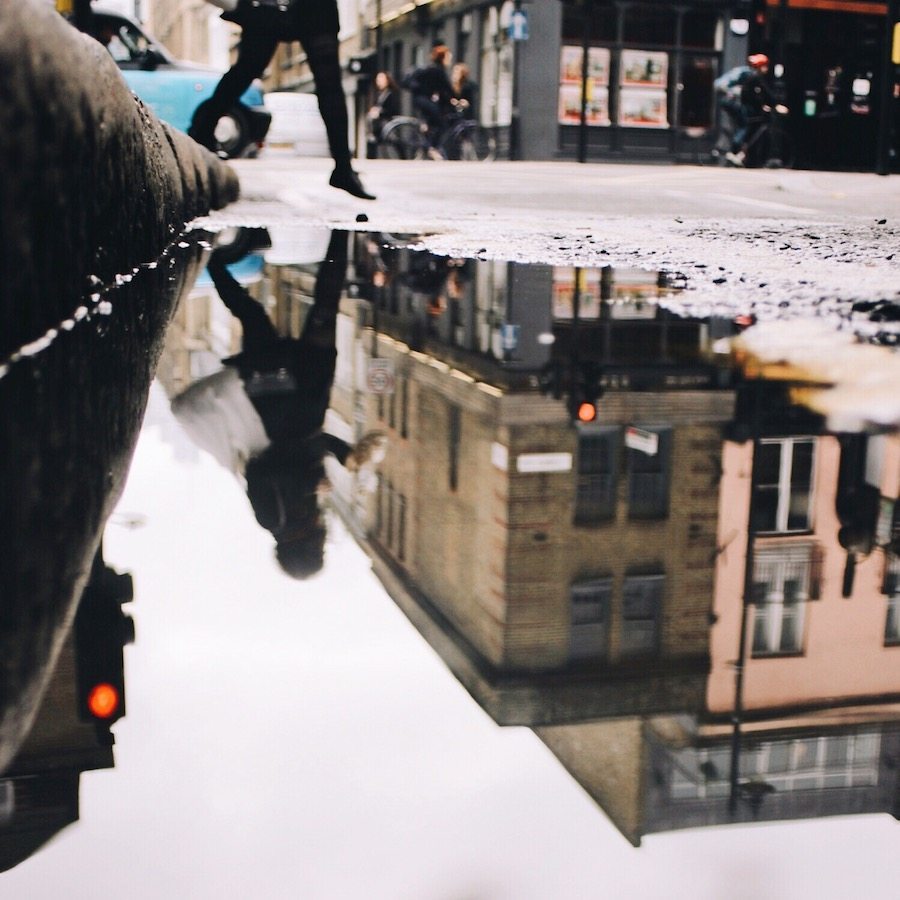
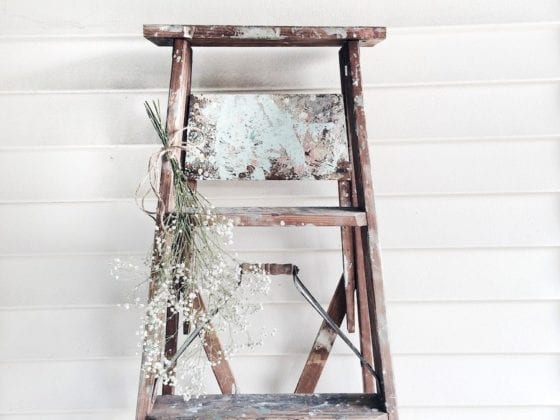
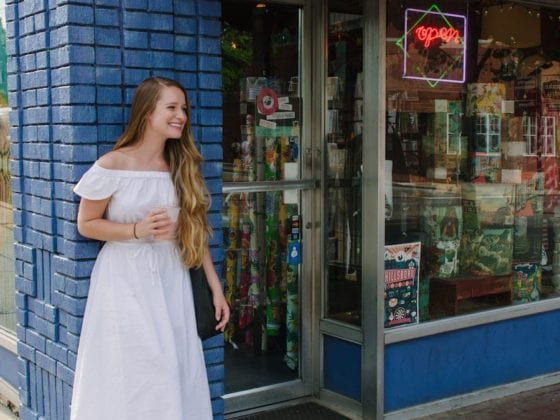
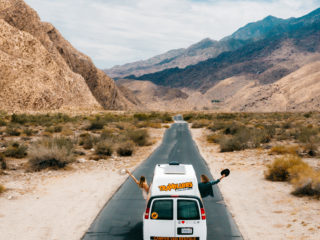
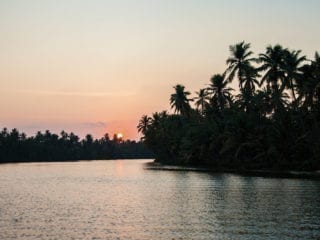

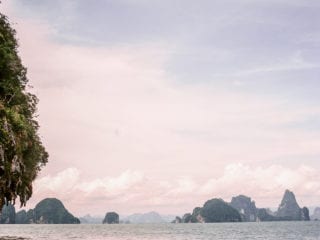
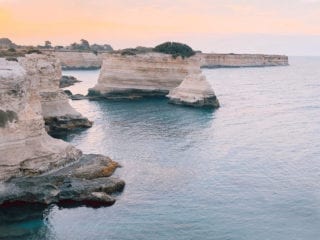



4 comments
Having arrived in Valpairaso Chile a day after the quake we found ourselves without planned transportation back to the States. A level head and being prepared really helped. I had a prehired guide for the day who helped us contact LAN airlines, buy bus tickets across the Andes to Mendoza and provide us a comfortable place to wait until our evening bus departure. Copies of passports and itineraries left at home with family ensured that when they contacted the State Dept. with revised travel plans we were assured of reputable transportation to Argentina. Our plan of “keep moving” worked well and we only arrived home to Colorado a day later than planned.
Our son got sick once in Africa. It was quite the experience. Should you ever get travel insurance in an emergency?
I’ve gotten food poisoning, intestinal infections, and had a serious case of heatstroke when I’ve traveled, and I’ve learned to be cautious and aware, but not let the fear ruin my adventure. Luckily I had people looking after me to help me out, but I think it’s very smart to make yourself aware of where hospitals, US Embassy, and other important places are just in case of emergency. Make sure you have travel and health insurance when leaving the country and just be aware of your surroundings (not afraid). And, as you mentioned, when disaster strikes, keep your head up and don’t let negativity get in the way of your adventure!
Thanks for your comment, Brooke, you are right in being cautious but not letting fear ruin your adventure. Cheers and happy travels!